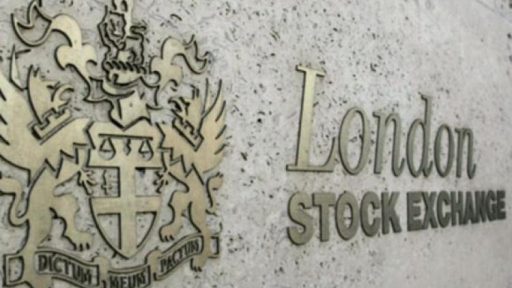- Home
- >
- Fundamental Analysis
- >
- LSE shrinks and poses problems for the British economy

LSE shrinks and poses problems for the British economy

Something strange is happening to London’s equity market. In a word, it is shrinking. Steadily, but surely, and over a long period of time. This threatens to have long-term financial and economic consequences for all of us.
This may surprise you since on the face of it everything looks rosy. The FTSE 100 is sitting at over 7,400, not far off its all-time high of 7,547, which it reached in May. Equity funds and investors have been making a killing in recent years – the index has more than doubled since its low point in the financial crisis in 2009. This is against a backdrop of near-zero interest rates for all that time.
Look behind the numbers and a far more troubling picture emerges. The high point for the main market of the London Stock Exchange was not three months ago but 17 years ago – in terms of total market capitalisation. This is surely the best measure of the power and strength of a capital market, rather than the rather subjective and self-selective measurement of an index.
It’s true; in August 2000, the total market capitalisation of the LSE’s main market was £5.3 trillion. Today, 17 years later, it is 26 per cent lower than that, at £3.9 trillion. This, it’s worth stressing, is in nominal terms; the decline in real terms, after adjusting for inflation, is even more precipitous.
The fall in the number of companies listed on the market is also deeply worrying. The main market combined with Aim was at its most crowded in 2007, after a wave of listings through the early years of the century. The total reached more than 3,000 exactly 10 years ago this month.
Today, that number has fallen to around 2,030, a reduction of a third in only a decade.
What is happening? The simple truth is that all the IPOs and rights issues we see each year are simply not coming anywhere close to replacing the companies that are taken over, go private or go under. Not to mention the billions in equities that have been retired in recent years through share buybacks and tender offers. We are living in an era of cheap debt, so that expensive equity is out of fashion.
It is hard to blame the LSE for this long-term decline. It busts a gut trying to attract new listings, since it knows fresh equity is its lifeblood. Given the statistics above, however, is it any wonder that Xavier Rolet, the CEO of the LSEG, is wooing Saudi Aramco so hard to list in London with support from the government and the Financial Conduct Authority (FCA) to bend the rules to admit it? If he succeeds, that listing alone may be the shot in the arm to begin to reverse this long-term decline.
There are bigger forces at work here – in particular the regulatory diktats from the FCA that make it so hard for many types of investment fund, annuities for example and endowments, to be overweight in equities. Instead, it insists they are stuffed with low-yielding government debt.
If your savings are today trapped in a bank or government debt, the chances are you are getting poorer each year as inflation outstrips the returns. Equities, by contrast, provide a long-term hedge against inflation and offer real growth, in dividends and earnings. Equities are also a democratic investment – anyone can buy a share unlike the PE funds that are closed to all but a few.
To reverse this decline, the LSE needs help, especially against the backdrop of Brexit. Help from the government and regulators to attract global businesses to list in London, knowing they have access to the deepest capital pool, against a backdrop of fair and consistent regulation.
Source: Bloomberg Pro Terminal
Jr Trader Petar Milanov
 Varchev Traders
Varchev Traders Read more:
If you think, we can improve that section,
please comment. Your oppinion is imortant for us.











